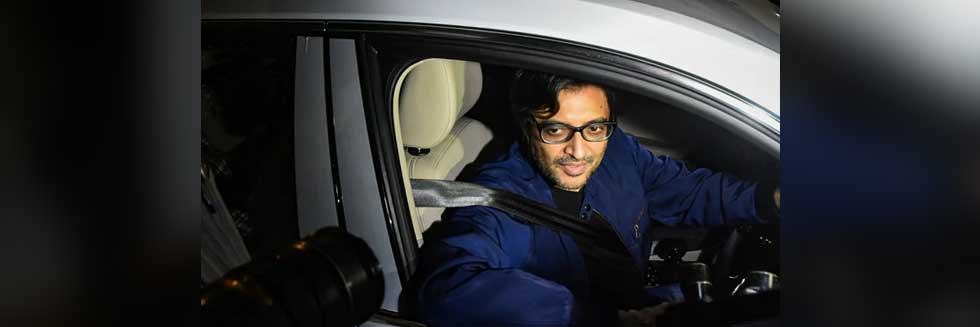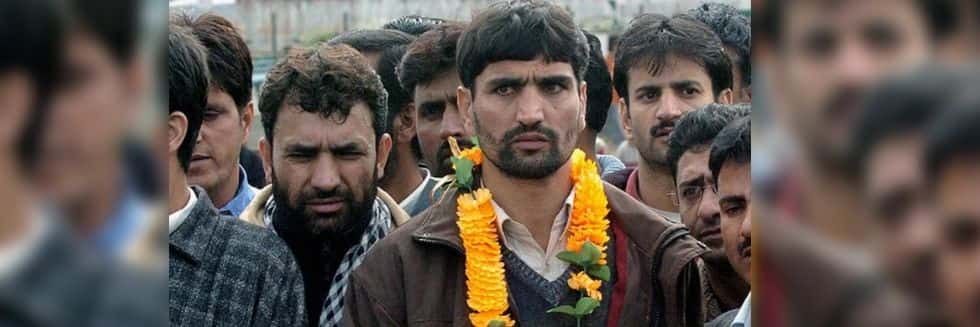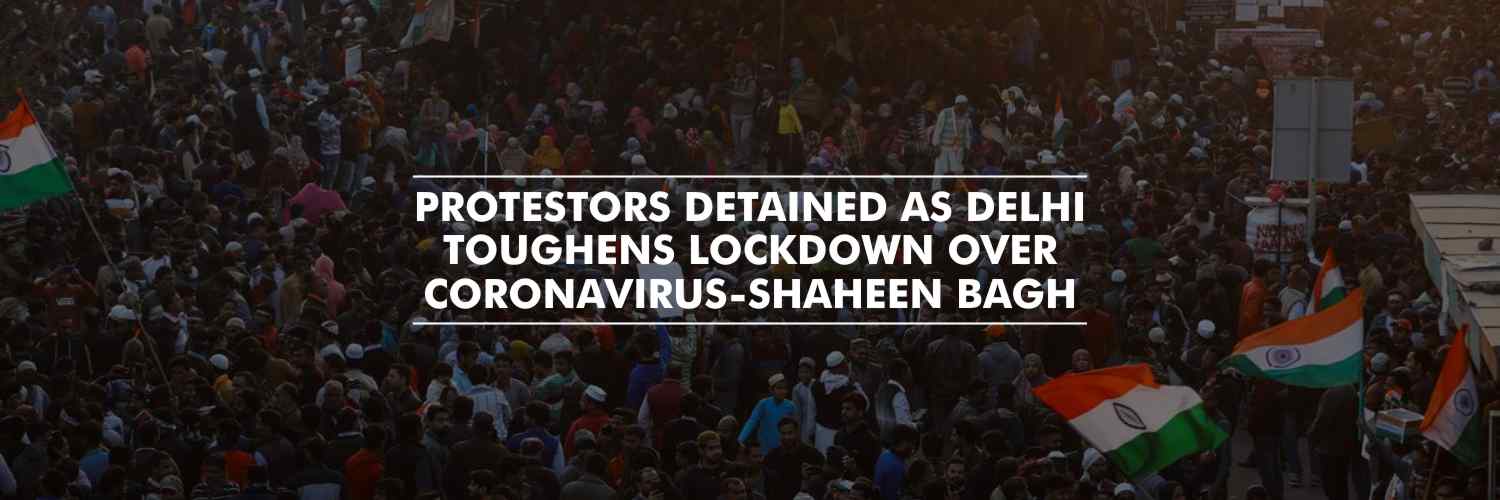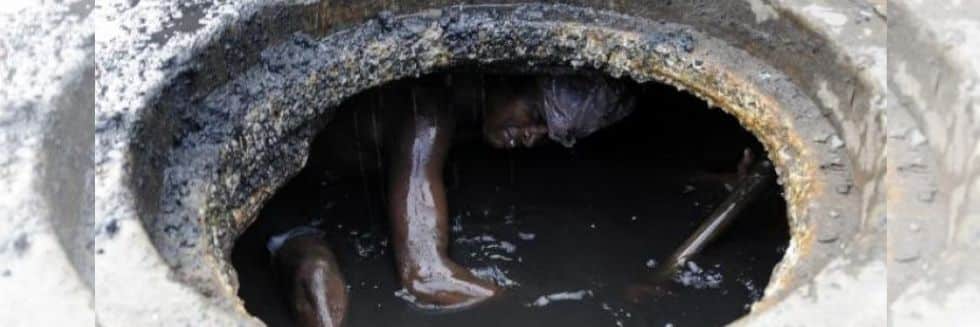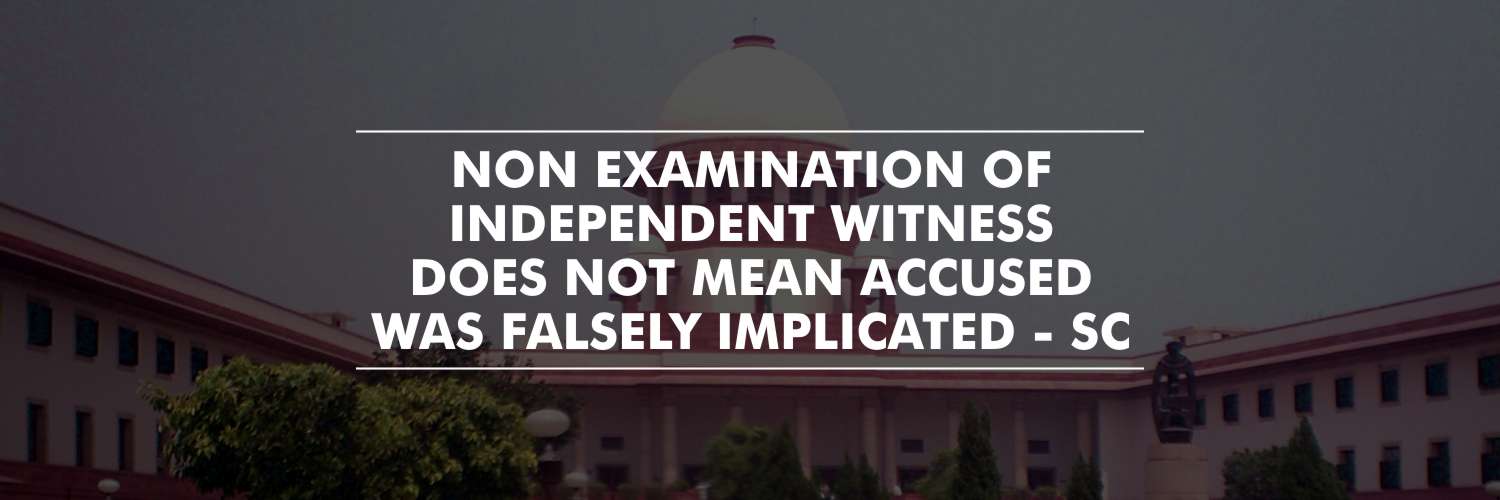The Supreme Court on Wednesday granted bail to the Republic TV Editor-in-Chief Arnab Goswami, who was taken into custody for his alleged involvement in a 2018 abetment to suicide case.
While hearing an appeal preferred by Goswami against the Bombay High Court order of November 7 which denied him interim bail in 2018 case, the Supreme Court vacation bench comprising of Justices D Y Chandrachud and Indira Banerjee held Bombay HC incorrect for the same. Therefore, it directed for an immediate release of Arnab Goswami and the two other co-accused, on a bond of Rs 50,000.
The Superintendent of Police, Raigad, has been directed to ensure the order is followed immediately.
“If we don’t interfere in this case today, we will walk on a path of destruction. If left to me, I won’t watch the channel and you may differ in ideology, but constitutional courts will have to protect such freedoms,” observed Justice Chandrachud while granting the bail.
Senior Advocate Harish Salve, appearing for Goswami sought to highlight the malice on the part of the State in prosecuting his client. He took the Court through the contents of the FIR, pointing out that an “A Summary” report denoting closure of the case was filed last year. Further while making his case that there was no abetment to suicide, Salve proceeded to show the Court that Goswami had paid the pending amount to Naik’s company, Concorde Designs. “The person was in financial difficulty and thereafter committed suicide, but how can it be abetment to suicide?” questioned Salve.
Subsequently, the SC bench pulled up the Maharashtra government while citing that “If we as a constitutional court do not lay down law and protect liberty, then who will. The victim is entitled to recourse as in proper and fair probe.”
Pointing out that the Chief Judicial Magistrate at Alibaug had stated that the arrest of Goswami was illegal and that a prima facie link between Goswami and Naik’s suicide cannot be created, Salve pressed for Goswami’s release.
“Will heavens fall if the man is released?” Salve asked the court.
The Court then noted, “For Section 306 abetment, there needs to be actual incitement. If one owes money to another and they commit suicide, would it be abetment? Can you say that it is a case for custodial interrogation?”
According to the Mumbai police, Anvay Naik, who designed the sets of Republic TV had left a suicide note blaming Mr. Goswami and two others for dues, he alleged had not been paid to him.
The case was closed two years ago, with the police citing a lack of evidence. However, it was recently reopened at the request of Mr. Naik’s family, the police said.
During the hearing on Wednesday, Salve then took the Court through the chain of events that led to the reopening of the case, making reference to the previous FIRs lodged against Goswami. Reference was made to the flak received for his reportage on the Palghar and Bandra incidents, and the breach of privilege motion issued by the Maharashtra Assembly.
The Court expressed three concerns, namely, the High Court said that the complainant was not heard when A Summary report was filed; the High Court held that acceptance of A Summary does not prevent probe under Section 173(a) of the Code of Criminal Procedure; and that the prayer to quash the 2018 FIR was still alive before the High Court.
On the other hand, Justice Chandrachud also observed that the Bombay High Court, in its order rejecting interim bail to Goswami, did not consider whether there was a prima facie case of abetment to suicide.
